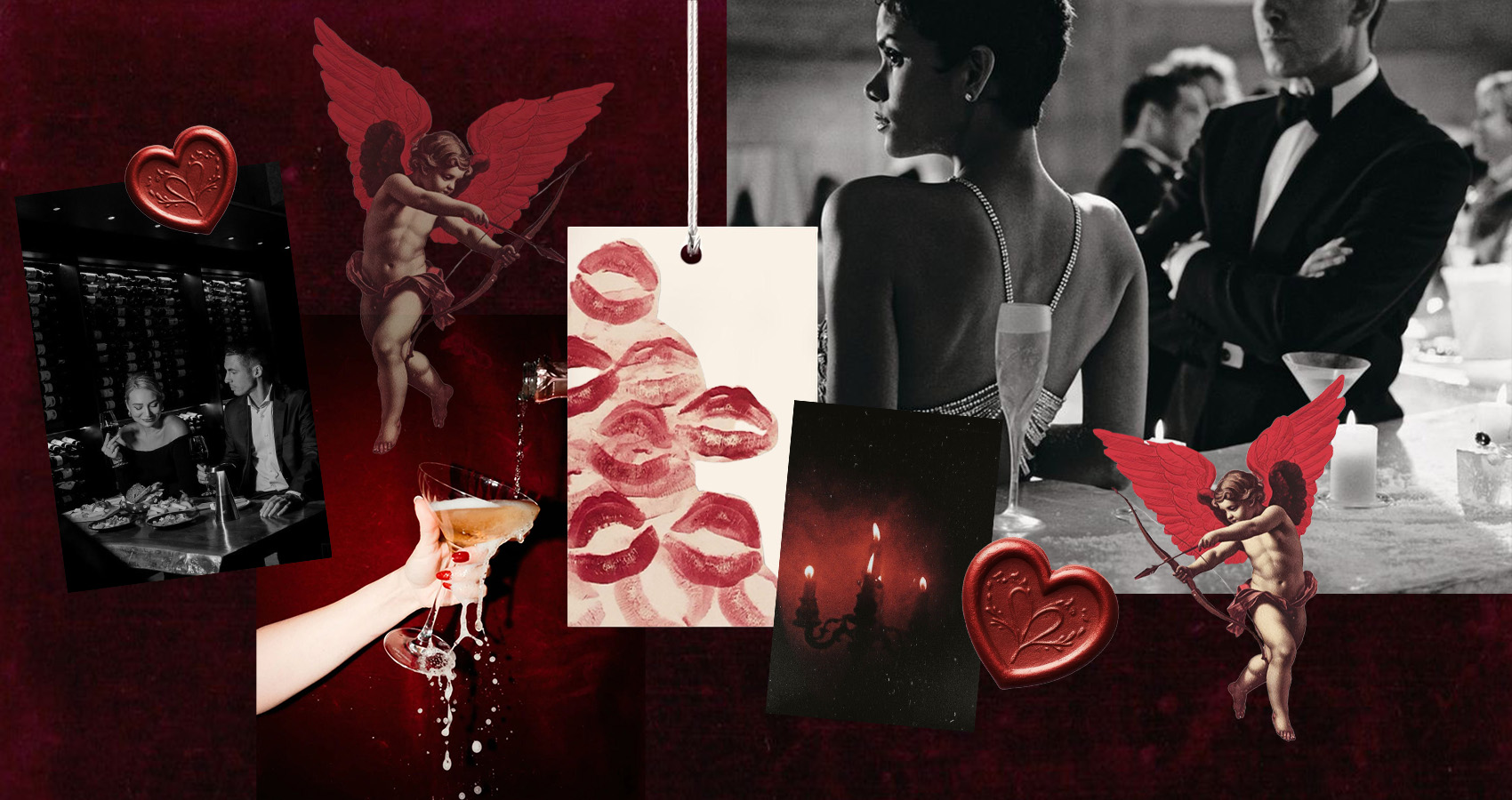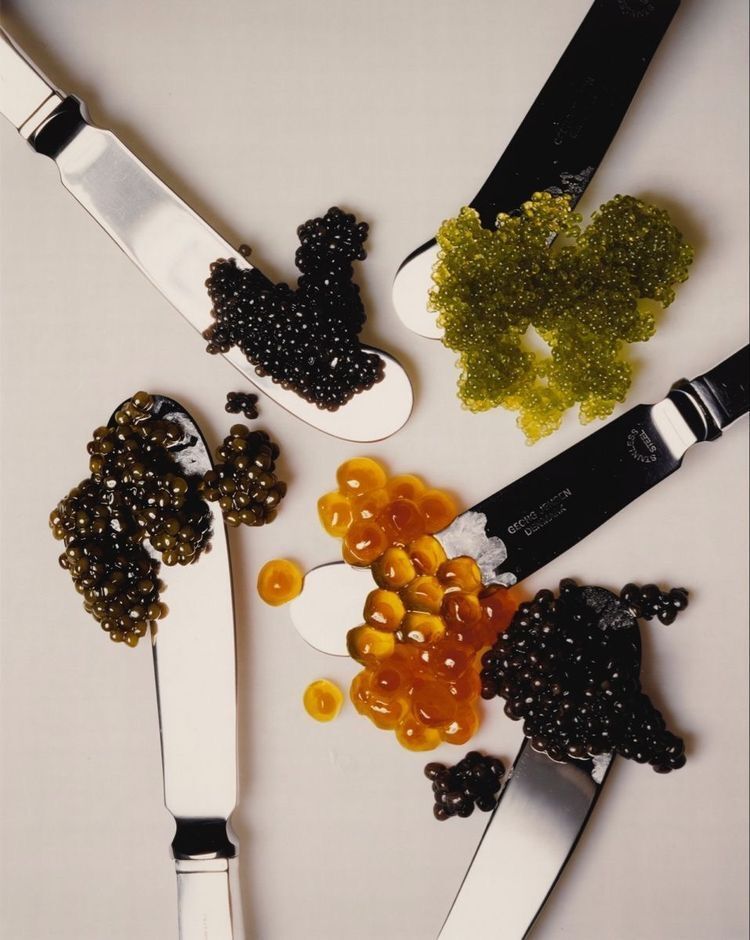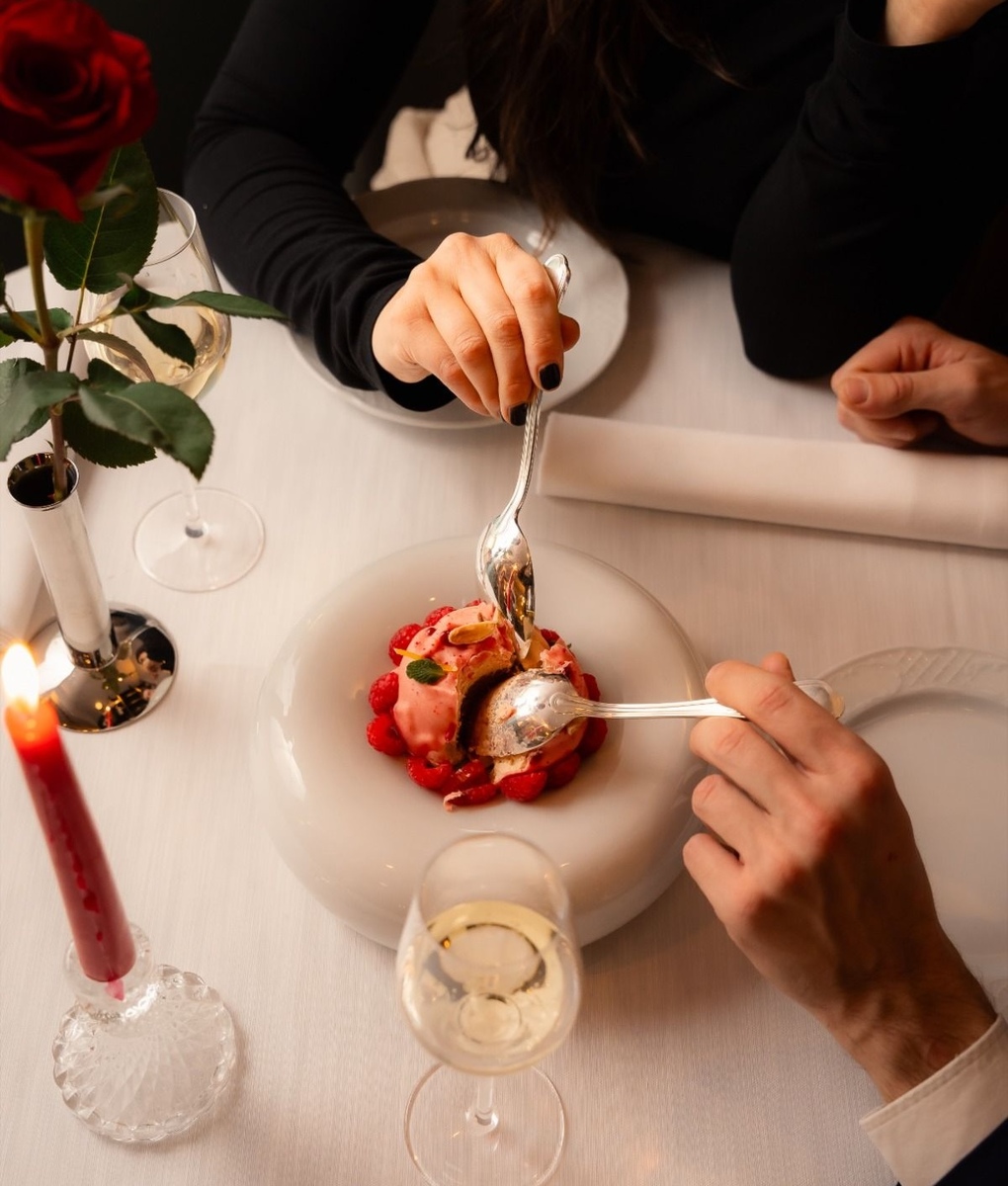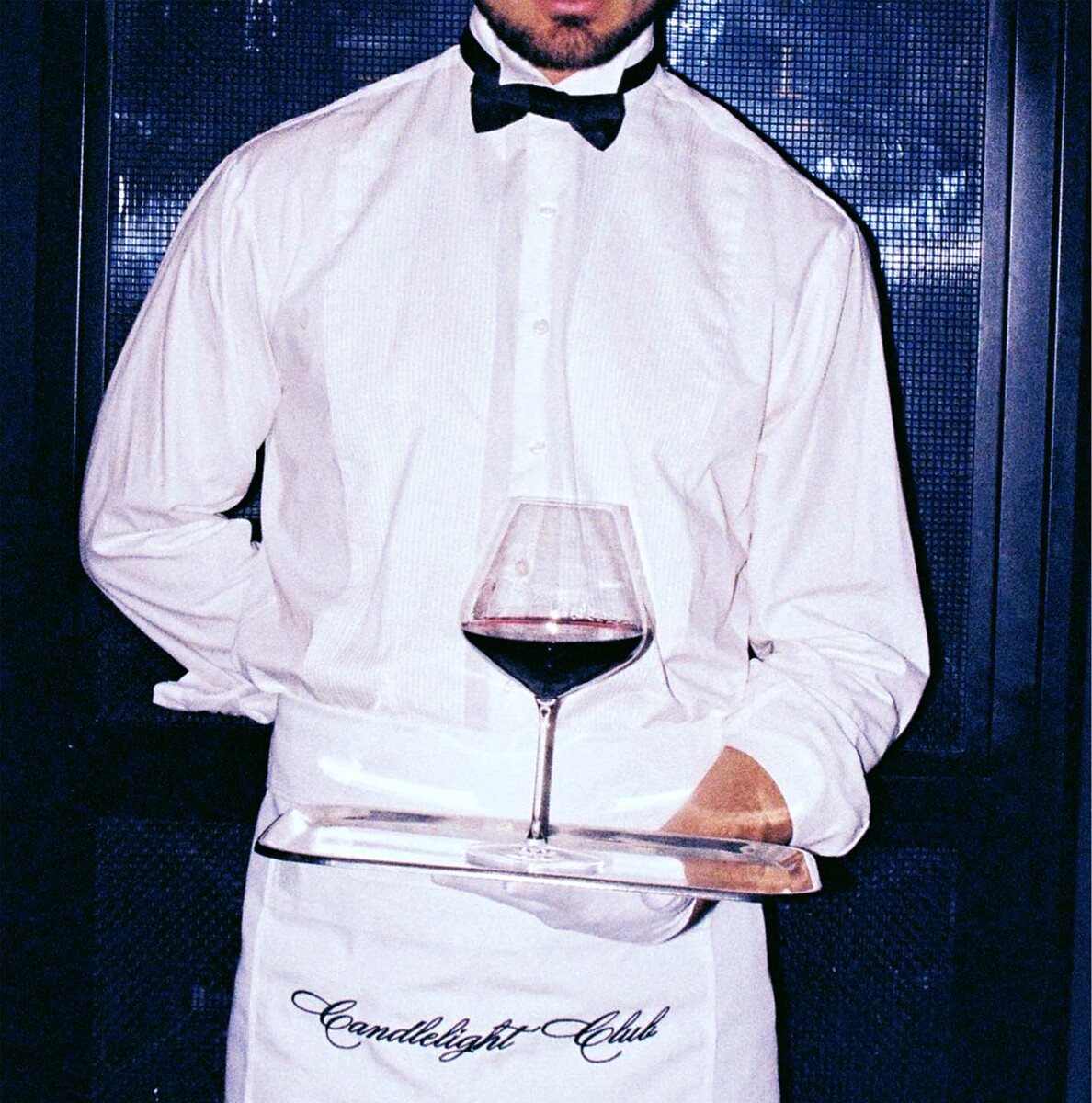
How a Person’s Behavior at a Luxury Restaurant Signals Their Dating Personality
Dining Choices and Compatibility.
Preferences in restaurant settings can offer insights into someone's dating personality. A survey by EliteSingles found that 27 percent of respondents preferred Italian cuisine for a first date, suggesting a taste for settings that balance romance and familiarity. Meanwhile, 60 percent of those surveyed opted for a local restaurant rather than high-end fine dining, indicating that a relaxed dining atmosphere is generally more appealing.
Food selection also reveals behavioral patterns. Men are more inclined to choose sophisticated dishes on a date, perhaps to signal refinement. Women, on the other hand, are more likely to adjust their order to make a positive impression. These choices may indicate an awareness of social presentation and an effort to align with perceived expectations.
Etiquette and Financial Awareness

Manners at the table influence perceptions of compatibility. A study found that 82 percent of men and women viewed poor table manners as the most off-putting aspect of dinner etiquette. Someone who adheres to traditional dining etiquette, such as using utensils properly and avoiding disruptive behavior, likely values respect and social norms in relationships.
Tipping behavior also plays a role. Seventy-five percent of men and women consistently tip, yet only 2 percent tip more than usual to impress a date. Meanwhile, 38 percent of women privately judge a date for failing to tip. This suggests that financial awareness and generosity are important considerations in dating preferences.
Choosing Restaurants and Dating Standards

The decision to dine at a luxury restaurant can reveal a person's expectations in dating. Some people prioritize ambiance and exclusivity, while others focus on comfort and familiarity. A preference for fine dining might align with a traditional approach to courtship, where attention to detail and high standards are valued. Others might look for a balance, blending casual and upscale venues based on compatibility. These choices shed light on what they seek in a relationship and how they define romance.
For those looking to date a higher value man, restaurant choices may reflect an interest in refined settings and shared lifestyle preferences. Similarly, someone who selects a thoughtfully chosen local restaurant may prioritize connection over setting. In modern relationships, preferences differ—some prefer structured dating dynamics, while others lean toward organic interactions. Both approaches communicate underlying values about companionship, expectations, and compatibility. Recognizing these differences can help people align their dating choices with their personal relationship goals.
Openness and Food Sharing

Attitudes toward sharing food can reveal openness and comfort in dating dynamics. Among men, 85 percent reported no issue with sharing food on a date, suggesting a relaxed approach to social bonding. In contrast, 23 percent of women stated they never share food, hinting at a preference for maintaining personal boundaries.
Closely related to sharing is portion awareness. While only 14 percent of men judge a date for ordering excessive food, this signals that some may interpret large portions as lacking restraint. Meanwhile, women are more likely to assess financial etiquette through tipping habits than food choices. These patterns suggest different attentional priorities in dating evaluations.
Handling Restaurant Staff and Stress

Observing how someone interacts with restaurant staff can provide insight into their character. Showing appreciation to servers and handling delays with patience may indicate emotional stability and kindness. Conversely, rudeness or an air of entitlement could signal an underlying frustration with control or expectations.
Reactions to unexpected issues—such as incorrect orders or long wait times—also reveal aspects of temperament. A person who calmly addresses a concern rather than reacting emotionally may display greater resilience under stress, which can be an important factor in compatibility.
Expression of Authenticity
Behavioral adjustments on dates frequently reflect an attempt to make a favorable impression. While small shifts in dining choices are common, an overly calculated presentation may hint at an effort to project an image rather than act naturally. Studies show that unconscious preferences influence decision-making, meaning certain behaviors may stem from underlying tendencies that a person is not fully aware of.
Those who express ease in their natural dispositions—rather than adapting extensively—may be more consistent partners over time. This is particularly relevant in luxury dining settings, where exaggerated displays of sophistication can sometimes mask genuine compatibility.











